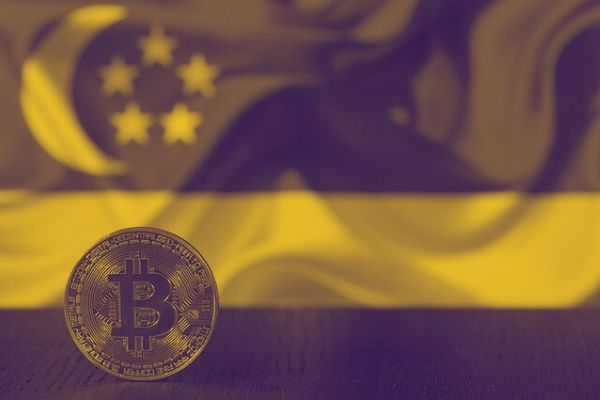A new law recently came into effect in Singapore. This law is specifically designed for the crypto industry and is called the Payment Services Act. Under this law, crypto exchanges have to apply for a license.
Binance is amongst the first major global crypto exchanges to apply for a license. According to a recent Bloomberg report, the law is based around the rules that govern the fiat system of finance. It was created to regulate the rapidly growing crypto industry in the nation.
Licensing The Crypto Exchange
Those interested in operating a crypto business have to apply by at least one of the three licenses created by the new law. These licenses are the standard payment institution license, money-changing license, and the major payment institution license. Since the law came into effect, all crypto businesses have to apply for the license and receive approval to continue operating in the nation.
Binance has said that it is ready to comply with this license. It has not wasted any time in applying for this license. The Binance CEO, CZ, said that the company has already applied for the license. He said that the company submitted its application quite fast. The company’s Singapore branch has been closely working with authorities and they have remained open-minded during consultations.
More about the Act
The government of Singapore proposed to regulate the crypto industry through the creation of the Payment Services Act. After consultations, they launched the act on January 28, 2020. According to one government office, the Act wants to create a flexible regulatory environment for the crypto industry. Besides that, the government hopes that it will promote innovation and growth in the industry. Additionally, it will help to reduce the risk that comes with operating in the crypto space. Those who wish to apply for a license have been given up to six months since the act came into effect.
This is a major development in Singapore’s crypto industry. It is the first time that the government is regulating the crypto sector. MAS, the authority regulating crypto businesses, will also be in charge of dealing with theft, cybersecurity, money laundering, and terrorism financing.
Singapore is amongst the most crypto-friendly nations in the world. It has remained open to the crypto industry even as pressure to halt the industry mounts in some of the largest economies around the world. It has also been quite receptive to the blockchain. For instance, the country’s central bank recently signed a deal with JP Morgan to enable cross-border transactions using blockchain technology.
Binance Singapore Crypto Exchange
Binance, which is registered in Malta, launched its Singapore exchange in April 2019. It operates as a fiat-to-crypto business in the country. Traders can trade in the major cryptocurrencies such as ETH, BTC, XRP, and BNB. Various other exchanges have expressed a willingness to apply for the license in Singapore. They include the Liquid exchange, based in Tokyo, and the Luno based in London.
Image Source: Pixabay
Notice: Information contained herein is not and should not be construed as an offer, solicitation, or recommendation to buy or sell securities. The information has been obtained from sources we believe to be reliable; however no guarantee is made or implied with respect to its accuracy, timeliness, or completeness. Authors may own the crypto currency they discuss. The information and content are subject to change without notice. Visionary Financial and its affiliates do not provide investment, tax, legal or accounting advice. This material has been prepared for informational purposes only and is the opinion of the author, and is not intended to provide, and should not be relied on for, investment, tax, legal, accounting advice. You should consult your own investment, tax, legal and accounting advisors before engaging in any transaction. All content published by Visionary Financial is not an endorsement whatsoever. Visionary Financial was not compensated to submit this article Please also visit our Privacy policy; disclaimer; and terms and conditions page for further information.

